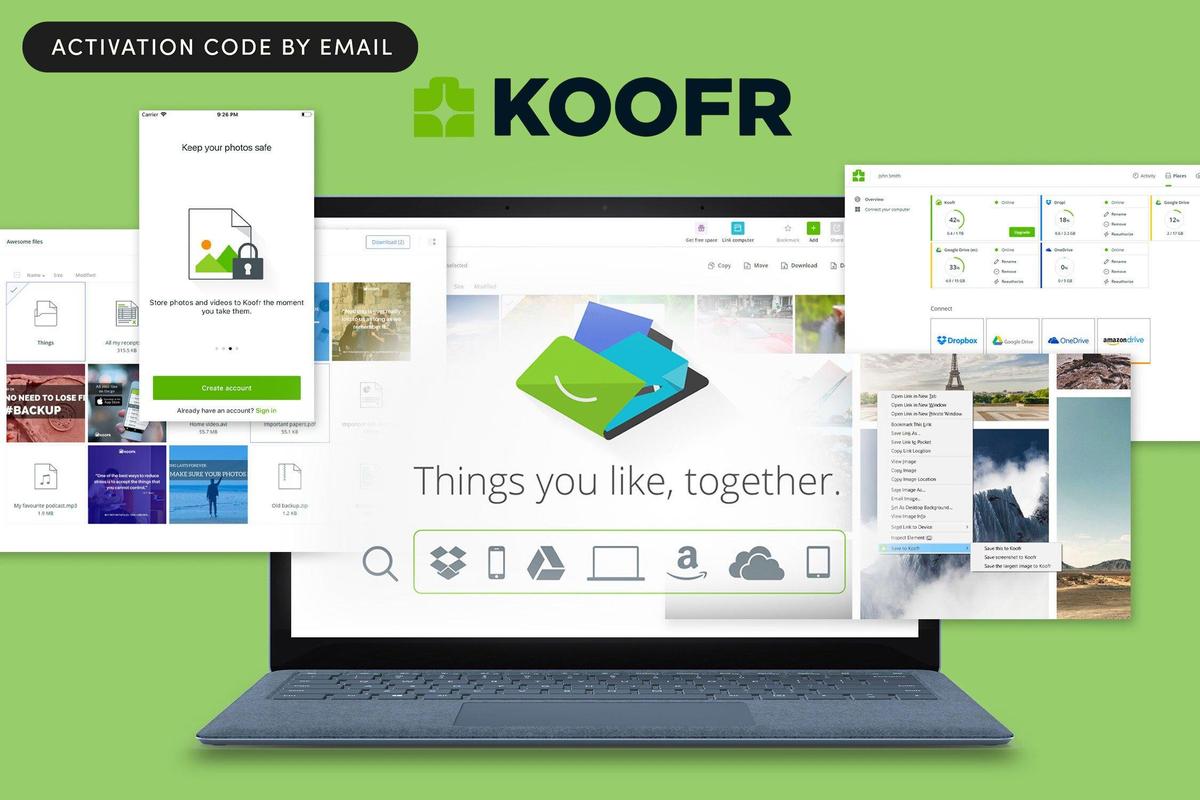OpenAI Eyes Chrome Acquisition if Google Faces Antitrust Breakup
OpenAI Expresses Interest in Acquiring Chrome Amidst Antitrust Scrutiny of Google
The landscape of tech giants and their empires is constantly shifting, and the latest development has certainly raised eyebrows. As Google faces increasing antitrust pressure from the US Department of Justice (DOJ), OpenAI, the company behind the revolutionary ChatGPT, has publicly stated its interest in potentially acquiring the Chrome browser should Google be forced to divest it.
This surprising revelation came during the remedies phase of the US v. Google trial, as reported by Reuters. Nick Turley, ChatGPT’s head of product, testified that OpenAI would consider purchasing Chrome if the opportunity arose. This bold statement underscores the potential ramifications of the antitrust case and the ripple effects it could have across the tech industry.
The Antitrust Case Against Google: A Quick Recap
The backdrop to this potential acquisition is the ongoing legal battle between the US government and Google. Judge Amit Mehta previously ruled that Google holds a monopoly in the online search market. The DOJ is now exploring possible remedies to address this dominance, one of which is forcing Google to break off Chrome, its immensely popular web browser.
This proposed remedy aims to foster greater competition in the browser market, potentially leveling the playing field for smaller players. The argument is that Google leverages its control over Chrome to unfairly favor its search engine and other services, thereby stifling innovation and limiting consumer choice.
Why Would OpenAI Want Chrome?
The question on everyone’s mind is: why would OpenAI, a company primarily known for its AI models, be interested in owning a web browser? The answer likely lies in the strategic value of owning a major access point to the internet.
- Data and User Insights: Chrome boasts billions of users worldwide, providing a treasure trove of data about online behavior, preferences, and trends. This data could be invaluable to OpenAI in training and refining its AI models, particularly in the context of search and information retrieval.
- Distribution and Reach: Owning Chrome would give OpenAI a direct channel to reach a massive audience. It could integrate its AI-powered search capabilities directly into the browser, potentially bypassing traditional search engines and offering users a novel browsing experience.
- Strategic Control: In a world increasingly dominated by AI, controlling a major web browser could provide OpenAI with a significant strategic advantage. It could shape the future of web browsing and ensure that its AI technologies are seamlessly integrated into the online experience.
OpenAI’s Search Ambitions and Google’s Rejection
Interestingly, the trial also revealed that OpenAI had previously approached Google about a potential partnership to integrate Google’s search technology into ChatGPT. According to Reuters, OpenAI expressed in an email presented at the trial that having multiple search partners, especially Google’s API, would enhance the product for its users. However, Google ultimately declined to partner with OpenAI.
Currently, ChatGPT relies on Bing for search information. While Nick Turley didn’t specifically name Microsoft, he alluded to experiencing “significant quality issues” with their current search provider, referred to as “Provider No. 1” in Bloomberg’s report. This highlights OpenAI’s desire for a robust and reliable search solution to power its AI models.
Furthermore, OpenAI has been actively developing its own search index. While initial projections aimed for ChatGPT to utilize this in-house index for 80% of searches by the end of 2025, Turley testified that achieving this milestone is now expected to take several years. This suggests that OpenAI is facing challenges in building a search index that can compete with the established players.
The Implications for the Browser Market and Beyond
If Google were forced to sell Chrome and OpenAI were to acquire it, the implications for the browser market and the broader tech landscape would be significant:
- Increased Competition: A Chrome under OpenAI’s ownership could inject much-needed competition into the browser market, potentially challenging Google’s dominance and forcing other players to innovate.
- AI-Powered Browsing: OpenAI could integrate its AI technologies directly into Chrome, creating a more intelligent and personalized browsing experience. Imagine a browser that anticipates your needs, provides real-time information, and helps you navigate the web more efficiently.
- Data Privacy Concerns: The acquisition of Chrome by an AI company like OpenAI could also raise concerns about data privacy. Users might worry about how their browsing data is being used to train AI models and whether their privacy is being adequately protected.
- Shifting Power Dynamics: This potential acquisition highlights the growing influence of AI companies in the tech industry. As AI becomes increasingly integrated into our lives, companies like OpenAI are poised to play a more prominent role in shaping the future of technology.
What’s Next?
The US v. Google trial is ongoing, and the remedies phase is still in its early stages. It remains to be seen whether the DOJ will ultimately push for a breakup of Google and whether Google will appeal the initial ruling. However, OpenAI’s public expression of interest in acquiring Chrome has undoubtedly added a new layer of intrigue to the proceedings.
Regardless of the outcome, this episode underscores the dynamic and ever-evolving nature of the tech industry. Antitrust scrutiny, emerging technologies, and strategic acquisitions are all shaping the future of how we access and interact with the internet. The next few months will be crucial in determining the fate of Chrome and the broader implications for the tech landscape.
Conclusion
OpenAI’s interest in acquiring Chrome showcases the high stakes involved in the Google antitrust case. The potential breakup of Google and the acquisition of Chrome by OpenAI could reshape the browser market and the broader tech industry. It highlights the growing importance of AI and the potential for AI companies to become major players in the digital landscape. As the legal proceedings continue, the tech world will be watching closely to see how this drama unfolds and what it means for the future of the internet.
Source: The Verge



